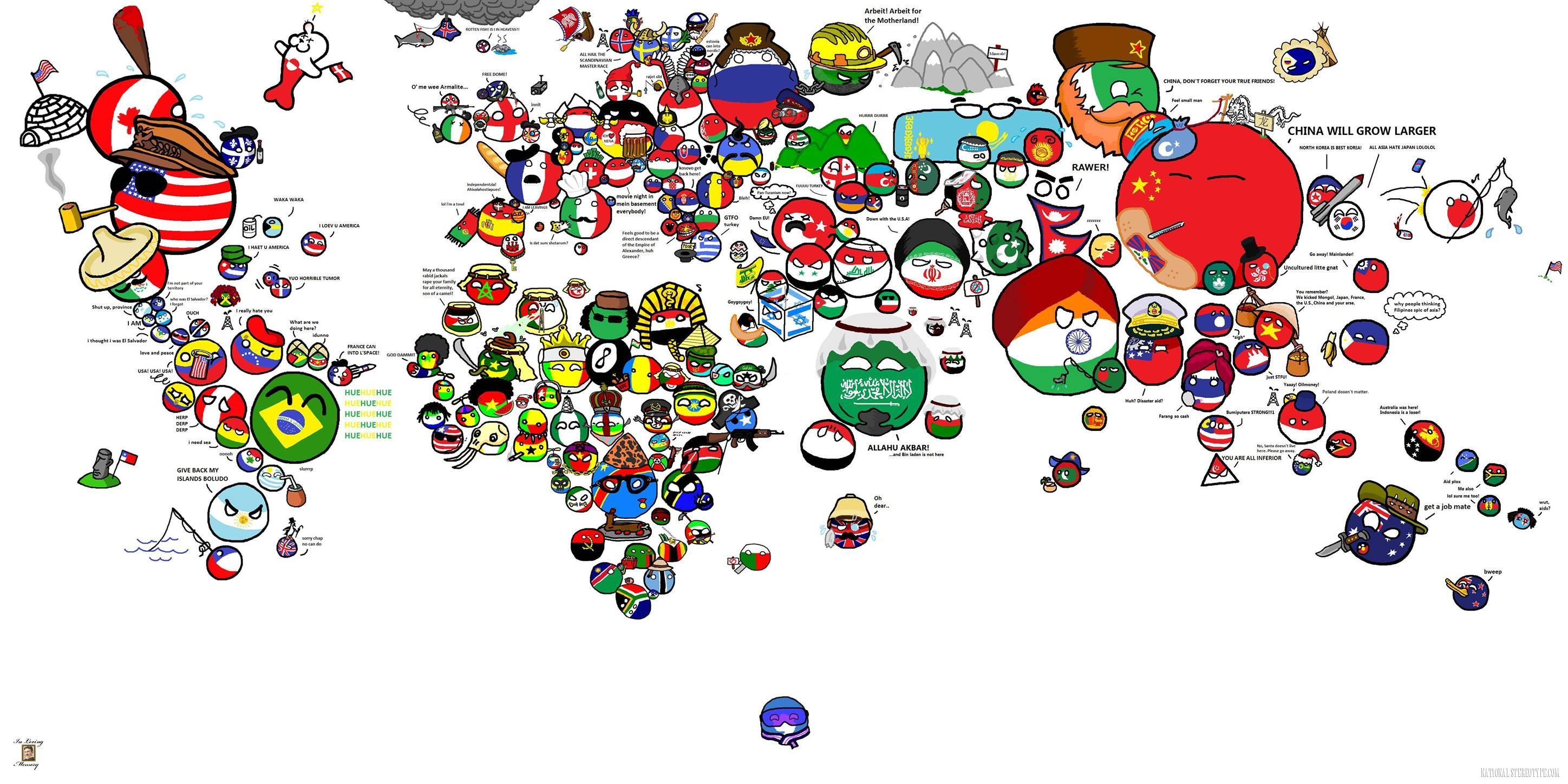We Are a Stereotype. Really?

Stereotypes should not define us: we hear this phrase everywhere we go, especially in diverse situations. Racial groups of people have fought long and hard to overcome stereotypes, alas the common presumption still remains. Today, we do not have laws set in place about racial barriers against anyone, yet in many of our present day situations, the same racial stereotyping occurs.
Stereotypes are not solely directed at the Black community, instead expands to Asians, Hispanics and Middle Eastern people. Sometimes one can take the barbs with a pinch of salt but most other times they are offensive. This goes to prove that in all these years, that stereotyping has not ceased, instead moved on to other racial groups.
A world without stereotypes is a world where everyone can truly be himself or herself. In my opinion stereotypes and the gender roles that still exist are extremely detrimental to society. It is imperative to encourage people to be comfortable with themselves and pay less attention to what stereotypes say about them or how they ‘should be’.
Role learning starts with the socialization process, which begins at the time a person is born. Gender socialization happens through the presence of four major catalysts: family, education, peer groups and the media. Each of the four influences a person’s beliefs growing up. Stereotypes that are instilled in children at such an early age can be especially dangerous because they haven’t learned right from wrong yet and could therefore be headed towards a life of misguided beliefs.
Stereotypes are assumptions or generalizations used to group people or things. They can pertain to a person’s sexual orientation, sex, and ethnicity just to name a few. Though I have seen progress in the battle to rid the world of stereotypes in the media and on television, it unfortunately still exists and is quite rampant in India too. The need for continuous progress is vital in order to get rid of such assumptions and presumptions that are harmful.
Am sure most of us have felt that we were being stereotyped based on our religion and nationality at some point? We have all heard the stories and jokes about different nationalities behaving differently, but are these stereotypes even true? And why do they exist?
According to research, humans invent stereotypes through a natural thought process. The first part of the process is simply categorizing people and things into different groups according to their likeness or differences. But human nature and ethnocentrism (the view of things in which one’s own group is the centre of everything) come into play, and we start to think of ourselves as somehow better than those who are different than us. Stereotyping is therefore a negative effect of the process of categorizing, focusing on our own culture, and being prejudiced. In this way we can see that stereotyping is not based on a realistic view of a culture, but one that is based on assumptions and lack of knowledge.
Gender role stereotypes are culturally and socially defined beliefs and perceptions about the emotions and behaviour of women and men. Gender role stereotyping occurs whenever people are expected to behave a certain way or perform certain tasks solely based upon their gender.
Traditionally, the male stereotypical role is to be the breadwinner. He is also expected to be career focused, courageous, independent, competitive and assertive. The female stereotypical role is to get married and have children. She is also expected to always put her family's welfare first and be sympathetic, nurturing, caring, compassionate and loving. Gender stereotyping poses certain dangers; they can impede individual creativity and expression, as well as prevent professional and personal growth.
Other methods to decrease stereotyping other people include feeling secure with your own identity, increasing empathy towards others and accepting the complexities of human relationships and society. Learning to value the diversity of people is a key process in reducing stereotyping and may often involve learning more about differences and finding aspects of them to appreciate. Responding to stereotyping when other people display it, as in jokes and the use of derogatory terms, is key to increasing your own ability to identify and eradicate personal prejudice. Other ways to stop from expressing stereotypes involve examining the motivation or source for any stereotyping actions and thoughts. When trying to eliminate stereotyping, look at implicit biases as well as explicit prejudices.
In the last few years, women's participation in the workforce, in athletics, and in professional education has increased here in India. There are also men who are quite comfortable cooking and helping out in household chores and why not. But unfortunately, gender stereotypes are just as strong today as they were years ago and the we really need to work on this if we are to progress as a nation.
What sickens me most of the time and troubles me to a very large extent are the chauvinists that exist in this country. I often watch male chauvinistic behaviour rearing its ugly head in all its forms and it is unfortunate that their better halves even tolerate it....or maybe have just come to terms with it. Whatever it may be, I just abhor it. This is where we need to step in and raise boys to understand that it is ok to cook, clean, help in daily chores, take part in raising kids, at times stay at home, maybe even take a backseat if their partner’s career is flourishing, do their share of duties and tasks and pitch in whenever needed. While girls are moving ahead and breaking moulds of being labelled, the boys need to move past and tear down the barriers of outmoded stereotypes and lead challenging lives. Gender equality is the path to a better, brighter future.



